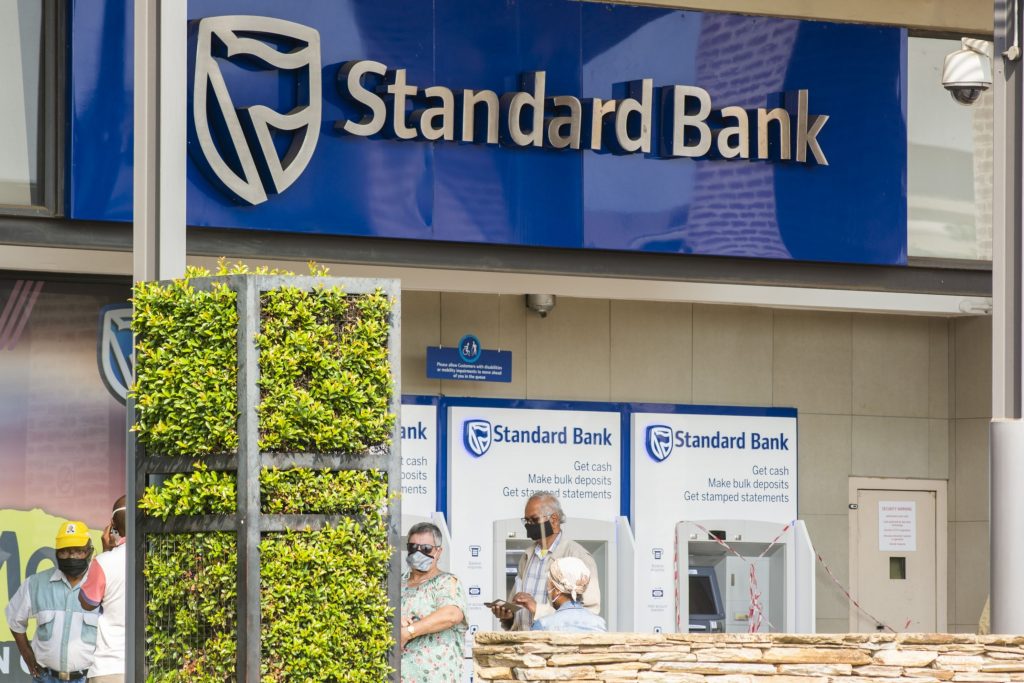Business
Standard Bank Warns South Africans About Rising Job and Card Fraud Scams

Standard Bank, South Africa’s largest bank by assets, has issued a public warning about the surge in fraudulent job advertisements and online banking scams targeting desperate job seekers and unsuspecting consumers.
With unemployment still hovering above 30%, scammers are exploiting people’s need for work by posting fake job ads on platforms like Facebook, WhatsApp, LinkedIn, and Instagram. These ads often promise high salaries for minimal effort—classic red flags that are designed to trick people into sharing personal information or paying upfront fees.
“We understand the immense pressure that unemployment places on individuals,” said the bank, “and fraudsters are weaponising this vulnerability to deceive and defraud the public.”
Key Warning Signs from Standard Bank
Standard Bank has shared vital tips to help protect the public from falling victim to these scams:
-
Verify the job offer: Always cross-check the hiring company’s details through official channels.
-
No legitimate job requires payment: Be cautious of offers that ask for money upfront for training or equipment.
-
Guard your personal info: Never share ID numbers, banking details, or OTPs online or over the phone.
-
Watch out for too-good-to-be-true remote jobs: High pay for little effort is often a trap.
If you suspect fraud, contact Standard Bank’s fraud hotline immediately.
Card-Not-Present (CNP) Fraud Also Rising
In addition to job scams, Standard Bank reiterated warnings around Card-Not-Present (CNP) fraud, which has become more common as online shopping and digital services grow.
CNP fraud happens when your card details are stolen and used for online transactions without your physical card. Often, this occurs through malicious pop-ups or fake e-commerce sites that look like the real thing.
“Cybercriminals are getting smarter, targeting online platforms with stolen card data,” said Athaly Khan, Head of Fraud Risk Management at Standard Bank. “Some false ads and Ponzi schemes are even funded using stolen card details.”
Fake WhatsApp Investment Groups
Standard Bank has also flagged fraudulent WhatsApp groups falsely claiming to be affiliated with SBG Securities and the bank’s Online Share Trading platform.
These groups lure people into sharing sensitive information under the guise of investment opportunities. The bank confirmed that these groups are not legitimate and urged the public to report any suspicious communication.
Staying Safe in a Digital World
As fraudsters get more sophisticated, South Africans are urged to stay alert and protect themselves online. If it seems suspicious or too good to be true—it probably is.
For more information, visit Standard Bank’s official fraud prevention resources or speak directly to a consultant through verified contact numbers.
Fraud in South Africa is evolving fast, and as digital platforms become central to everyday life, so do the tactics of scammers. Standard Bank’s latest alert is a timely reminder to stay cautious and to always verify before engaging—whether you’re job hunting or shopping online.
{Source: BusinessTech}
Follow Joburg ETC on Facebook, Twitter , TikTok and Instagram
For more News in Johannesburg, visit joburgetc.com


























